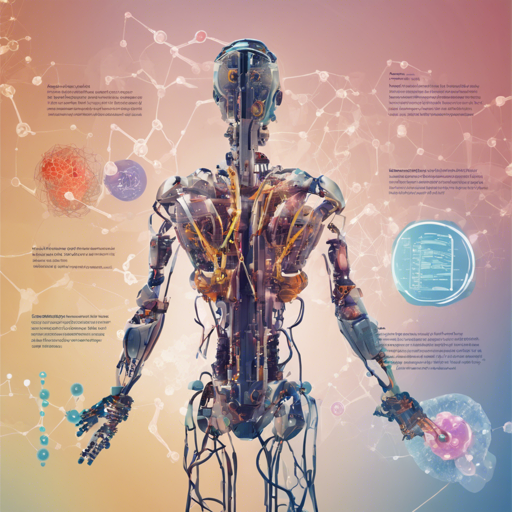This repository contains a collection of Jupyter Notebooks, designed to teach pharmaceutical and chemistry students the basics of Deep Learning. The best part? No prior coding knowledge is required! The underlying article introducing this repository can be found here, authored by Janosch Menke, Samuel Homberg, and Oliver Koch.
This work is licensed under a Creative Commons Attribution-NonCommercial-ShareAlike 4.0 International License.

This work was funded by the Apotheker Stiftung Westfalen-Lippe
Usage
1. Google Colab
The simplest way to use the Notebooks is by accessing them through Google Colab. All you need is a Google Account. By clicking on a button in the table below, you can open any Jupyter Notebook, and they’ll work seamlessly right out of the box!
2. Local Installation
If you prefer not to run the notebooks via Google services, you can also set up your own local Python environment. We include detailed instructions on how to achieve this. Just like with Colab, once your local setup is complete, all notebooks will be ready for use.
Available Notebooks
- **01. Introduction to Jupyter**
- **02. Introduction to Python**
- **03. Cheminformatics RDKit**
- **04. Linear Regression**
- **05. Data Science**
It’s important to note that these notebooks alone won’t provide sufficient knowledge for teaching students about deep learning. Instructors must devise their own complementary lectures. These notebooks are meant to help students grasp the theoretical concepts of neural networks through code completion.
Analogy of the Learning Process
Think of learning deep learning like baking a cake. The recipes (notebooks) provide the instructions and ingredients (theories and codes), but to make the cake (master deep learning), you need to know how to mix the ingredients correctly (understand the programming language). If you don’t, you might end up with a flat mess instead of a delicious cake! Thus, these notebooks guide you on the route, but the real magic comes from understanding and experimenting on your own with the help of additional resources.
Contribution or Extensions
We hope that these notebooks serve as a launchpad for others to expand upon or contribute to. The repository is open for adaptations as per the stated license.
Troubleshooting Ideas
- If you’re having trouble opening the notebooks in Google Colab, ensure your Google account is active and try refreshing the page.
- For local installations, make sure all required packages are installed correctly. Follow the instructions step by step to avoid missing any dependencies.
- Always check for compatibility issues between Python versions and libraries used in the notebooks.
For more insights, updates, or to collaborate on AI development projects, stay connected with fxis.ai.
Additional Information
Take a peek into further resources, such as the ImageNet Background to expand your understanding about AI development.
Further Instructional Materials
Check out TeachOpenCADD, a treasure trove of notebooks covering a diverse array of subjects related to cheminformatics and data science, from data collection to advanced topics like docking.
At fxis.ai, we believe that such advancements are crucial for the future of AI, as they enable more comprehensive and effective solutions. Our team is continually exploring new methodologies to push the envelope in artificial intelligence, ensuring that our clients benefit from the latest technological innovations.

